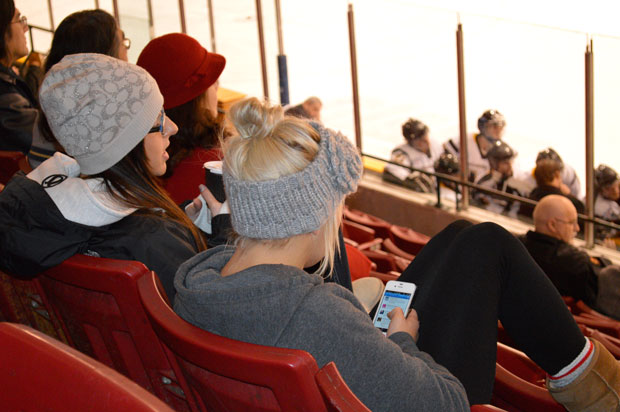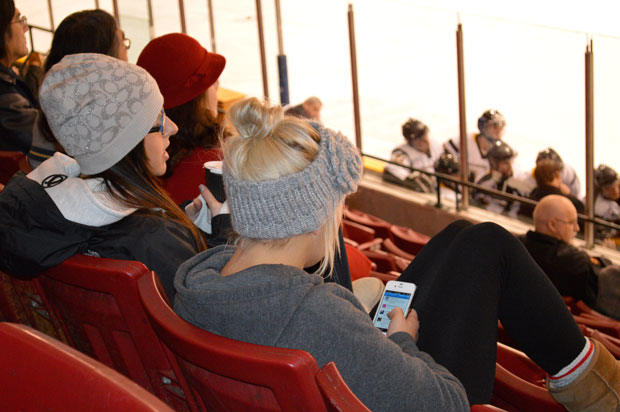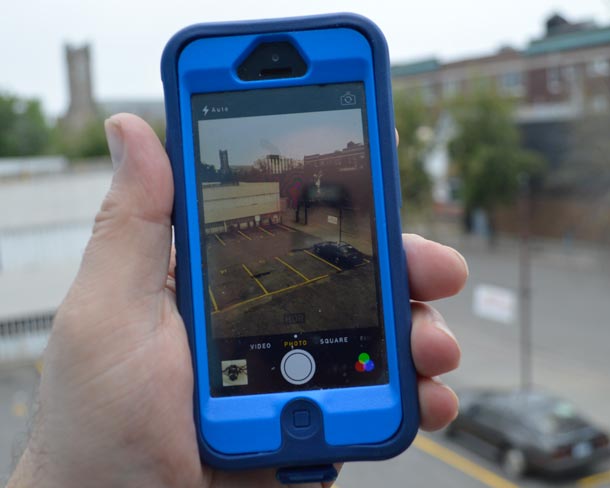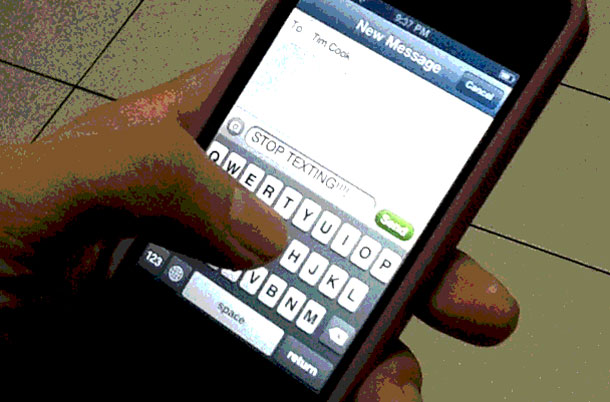 THUNDER BAY – Young people are online, on smart phones, and connected to their electronics on an ever-increasing level. In many ways it has always been that way. At night, getting teens to shut down for the night and get sleep is and always has been hard. From the early days of the transistor radio under the pillow, or the flashlight to read under the covers teens have found ways to engage with media at night.
THUNDER BAY – Young people are online, on smart phones, and connected to their electronics on an ever-increasing level. In many ways it has always been that way. At night, getting teens to shut down for the night and get sleep is and always has been hard. From the early days of the transistor radio under the pillow, or the flashlight to read under the covers teens have found ways to engage with media at night.
Now however researchers are raising concerns over electronic devices and teens at night.
“We need to be aware that teenagers are using electronic devices excessively and have a unique physiology,” says study author Xue Ming, professor of neuroscience and neurology at Rutgers New Jersey Medical School. “They tend to go to sleep late and get up late. When we go against that natural rhythm, students become less efficient.”
Can’t stop texting? If you’re a teenager, it may be to blame for falling grades and increased yawning in school, according to a new Rutgers study. The study, published in the Journal of Child Neurology, is the first of its kind to link nighttime instant messaging habits of American teenagers to sleep health and school performance.
The American Academy of Pediatrics reports that media use among children of all ages is increasing exponentially; studies have found that children ages 8 to 18 use electronic devices approximately seven-and-a-half hours daily.
Ming’s research is part of a small but growing body of evidence on the negative effects of electronics on sleep and school performance. But few studies, Ming says, have focused specifically on instant messaging.
“During the last few years I have noticed an increased use of smartphones by my patients with sleep problems,” Ming says. “I wanted to isolate how messaging alone – especially after the lights are out – contributes to sleep-related problems and academic performance.”
To conduct her study, Ming distributed surveys to three New Jersey high schools – a suburban and an urban public school and a private school – and evaluated the 1,537 responses contrasting grades, sexes, messaging duration and whether the texting occurred before or after lights out.
She found that students who turned off their devices or who messaged for less than 30 minutes after lights out performed significantly better in school than those who messaged for more than 30 minutes after lights out.
Students who texted longer in the dark also slept fewer hours and were sleepier during the day than those who stopped messaging when they went to bed. Texting before lights out did not affect academic performance, the study found.
Although females reported more messaging overall and more daytime sleepiness, they had better academic performance than males. “I attribute this to the fact that the girls texted primarily before turning off the light,” Ming says.
The effects of “blue light” emitted from smartphones and tablets are intensified when viewed in a dark room, Ming says. This short wavelength light can have a strong impact on daytime sleepiness symptoms since it can delay melatonin release, making it more difficult to fall asleep – even when seen through closed eyelids.
“When we turn the lights off, it should be to make a gradual transition from wakefulness to sleep,” Ming says. “If a person keeps getting text messages with alerts and light emission, that also can disrupt his circadian rhythm. Rapid Eye Movement sleep is the period during sleep most important to learning, memory consolidation and social adjustment in adolescents. When falling asleep is delayed but rising time is not, REM sleep will be cut short, which can affect learning and memory.”
Ming notes some benefits to early-evening media use, such as facilitating collaboration for school projects, providing resources for tutoring, increasing school readiness and possibly offering emotional support systems.
She suggests that educators recognize the sleep needs of teenagers and incorporate sleep education in their curriculum. “Sleep is not a luxury; it’s a biological necessity. Adolescents are not receiving the optimal amount of sleep; they should be getting 8-and-a-half hours a night,” says Ming. “Sleep deprivation is a strong argument in favor of later start times for high schools – like 9 a.m.”






